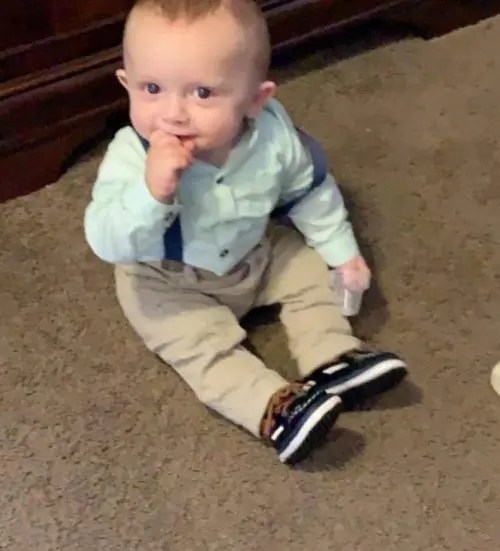The Peril to Infants' Lives and the Potential Hazards of Affectionate Kisses
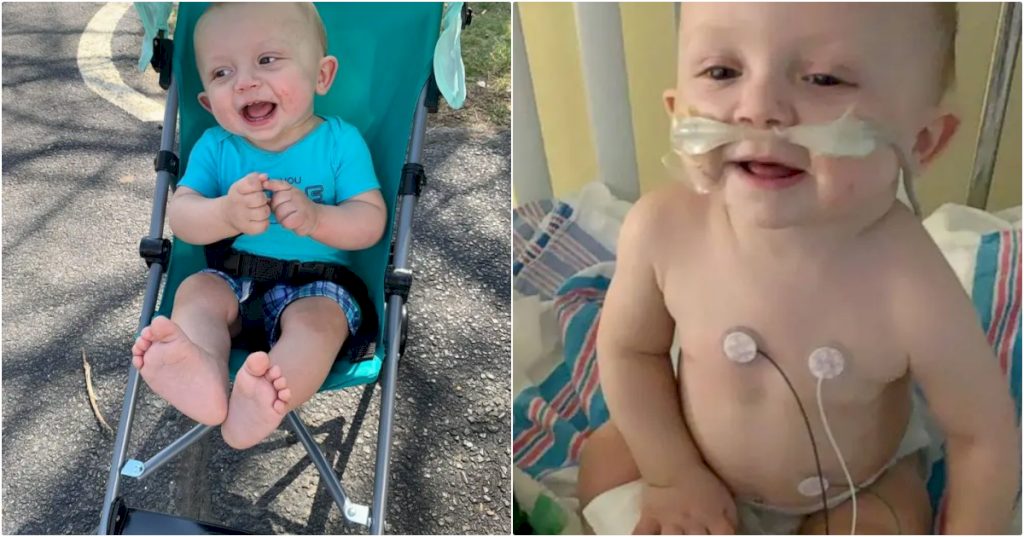
Infants, with their delicate immune systems, are highly vulnerable to infections caused by viruses and bacteria. Unfortunately, these pathogens can be unknowingly transmitted through the act of kissing. Respiratory syncytial virus (RSV), herpes simplex virus (HSV), and even the common cold virus can be passed from an adult's mouth to an infant's sensitive skin or mucous membranes, leading to severe health complications.

One particular concern is the herpes simplex virus, which can cause herpes simplex type 1 (HSV-1) or cold sores. Although it may seem harmless in adults, HSV-1 can be life-threatening for newborns. An innocent peck on the cheek or lips can inadvertently expose the infant to this virus, potentially leading to meningitis or encephalitis, both of which can have devastating consequences.
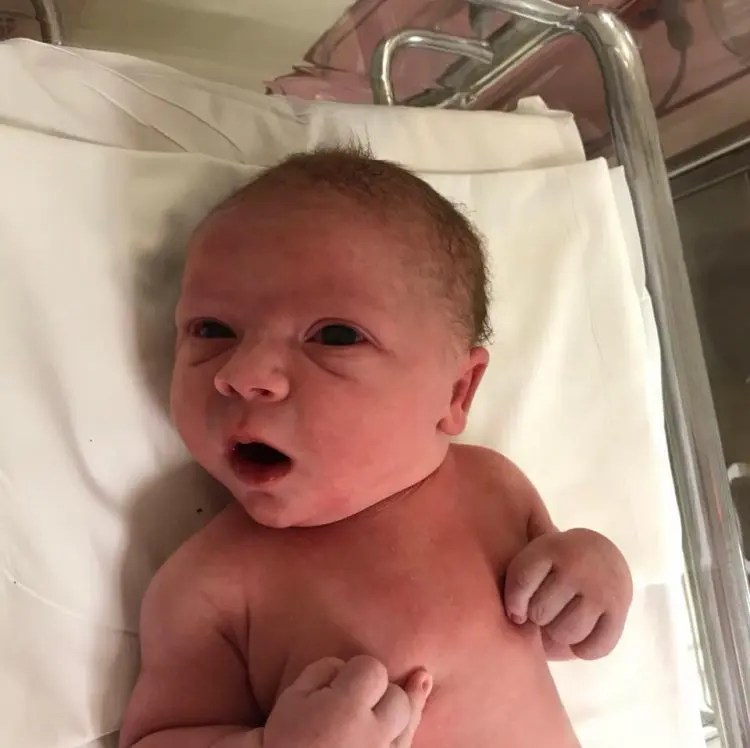
In addition to viral infections, bacterial infections such as streptococcus can also be transmitted through kisses. Streptococcus bacteria can cause a range of infections, including strep throat, pneumonia, and even sepsis, posing a significant threat to an infant's fragile immune system.
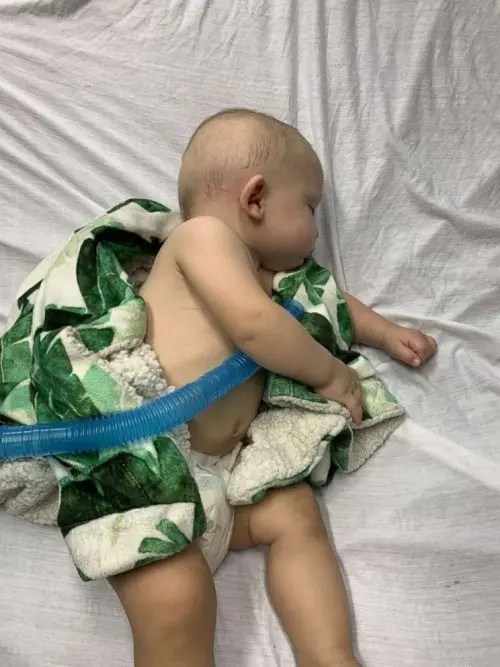
To protect our little ones, it is crucial for parents and caregivers to be mindful of their actions. Educating ourselves and others about the potential risks of affectionate kisses can help prevent unnecessary harm. Establishing a culture of awareness and understanding will ensure that the safety of our infants takes precedence over momentary displays of affection.
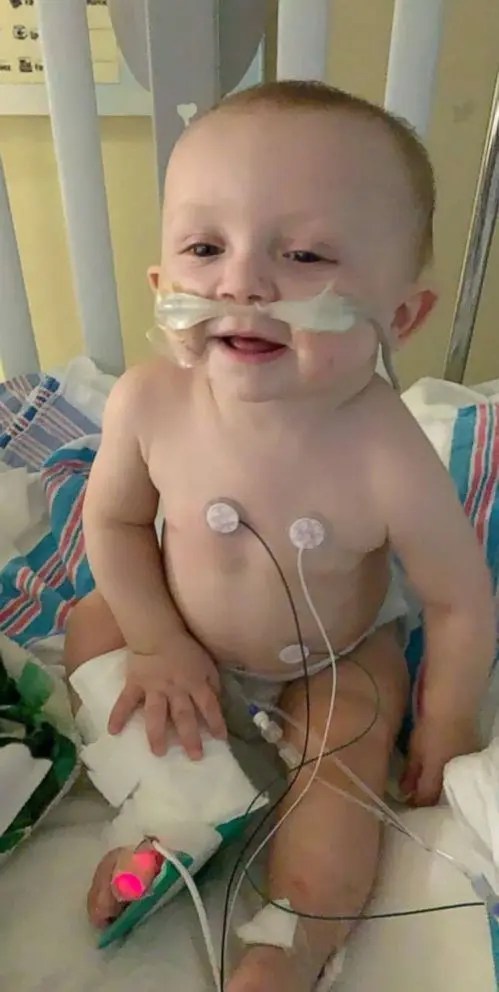
It is also important to encourage proper hygiene practices among adults who interact closely with infants. Regular handwashing, especially before handling the baby, can significantly reduce the likelihood of transmitting harmful pathogens. Creating a safe and clean environment for our infants is paramount in minimizing their vulnerability to infections.
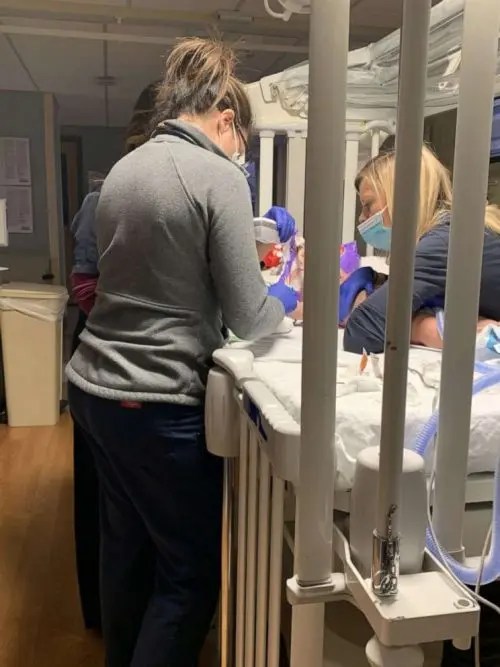
While refraining from kissing our infants may seem like a sacrifice, it is ultimately an act of love and protection. Showing affection through alternative means, such as gentle caresses, cuddling, and verbally expressing love, can foster a strong bond without compromising their health.

In conclusion, the well-being of our infants should always be our utmost priority. Recognizing the potential hazards of affectionate kisses is an essential step in ensuring their safety and preventing avoidable health complications. By raising awareness, practicing proper hygiene, and redefining expressions of love, we can create a nurturing environment that prioritizes the health and happiness of our precious little ones.

Let us cherish our infants by embracing alternative gestures of affection and demonstrating our love in ways that promote their well-being. Together, we can safeguard their health and provide them with the secure and nurturing environment they deserve.
